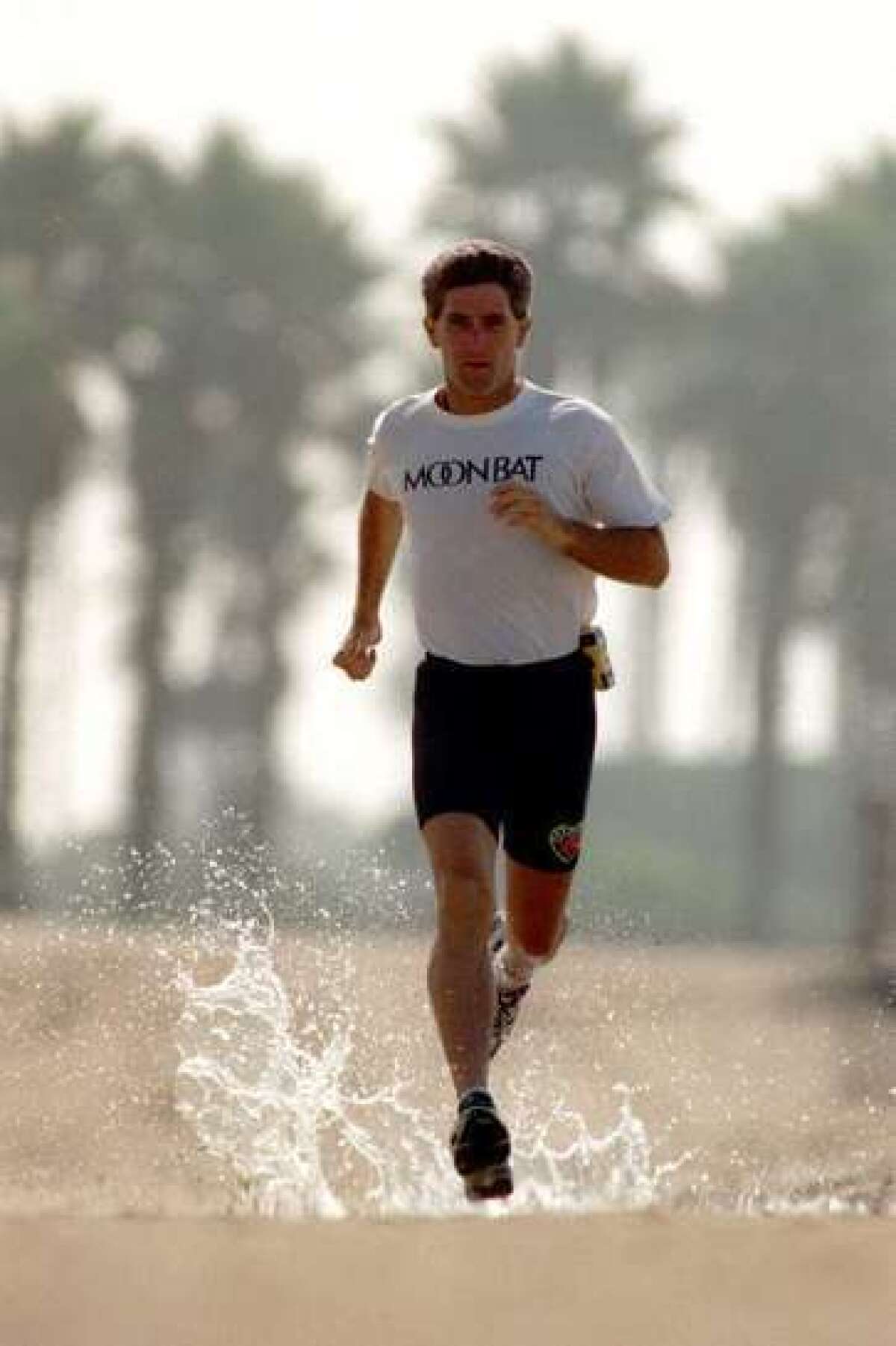Running 100 miles? It may be easier on your body to go 200

If you can run 100 miles – and really, who can’t? – then you might consider doubling that distance. Turns out, scientists say, that those who go the longer distance show less neuromuscular fatigue, muscle damage and inflammation when compared with those athletes who take the easy way out with 100 miles.
The researchers tested athletes before, during and after the race considered one of the world’s most challenging ultra-marathons, the Tor des Geants, a mountain ultra-marathon with 24,000 meters of elevation change. Those who finished it did so in an average of 122.5 hours.
What might have helped the longer-distance athletes were protective pacing strategies and the effects of sleep deprivation, both of which might preserve the body, the researchers, Jonas Saugy and colleagues from the University of Lausanne in Switzerland, reported Wednesday in the journal PLOS One.
The scientists say that the effects of shorter distances have been assessed, but looking at the longer races enabled them to consider the effects of sleep deprivation – athletes tended to sleep more in the longer race. Also, they wrote, in a 200-mile race, taking a few minutes out to help the scientists with their study would not “have any effect on the final performance.”
About two-thirds of the 471 people who started the race in 2011 finished it. The scientists assessed 25 male runners, all of them experienced ultra-marathoners. Entrants have 150 hours to finish the course; they may sleep or not as they choose.
Compared with running a shorter race, the longer race meant the runners ran slower and with less intensity, which helped them, the scientists wrote.
@mmacvean on Twitter







